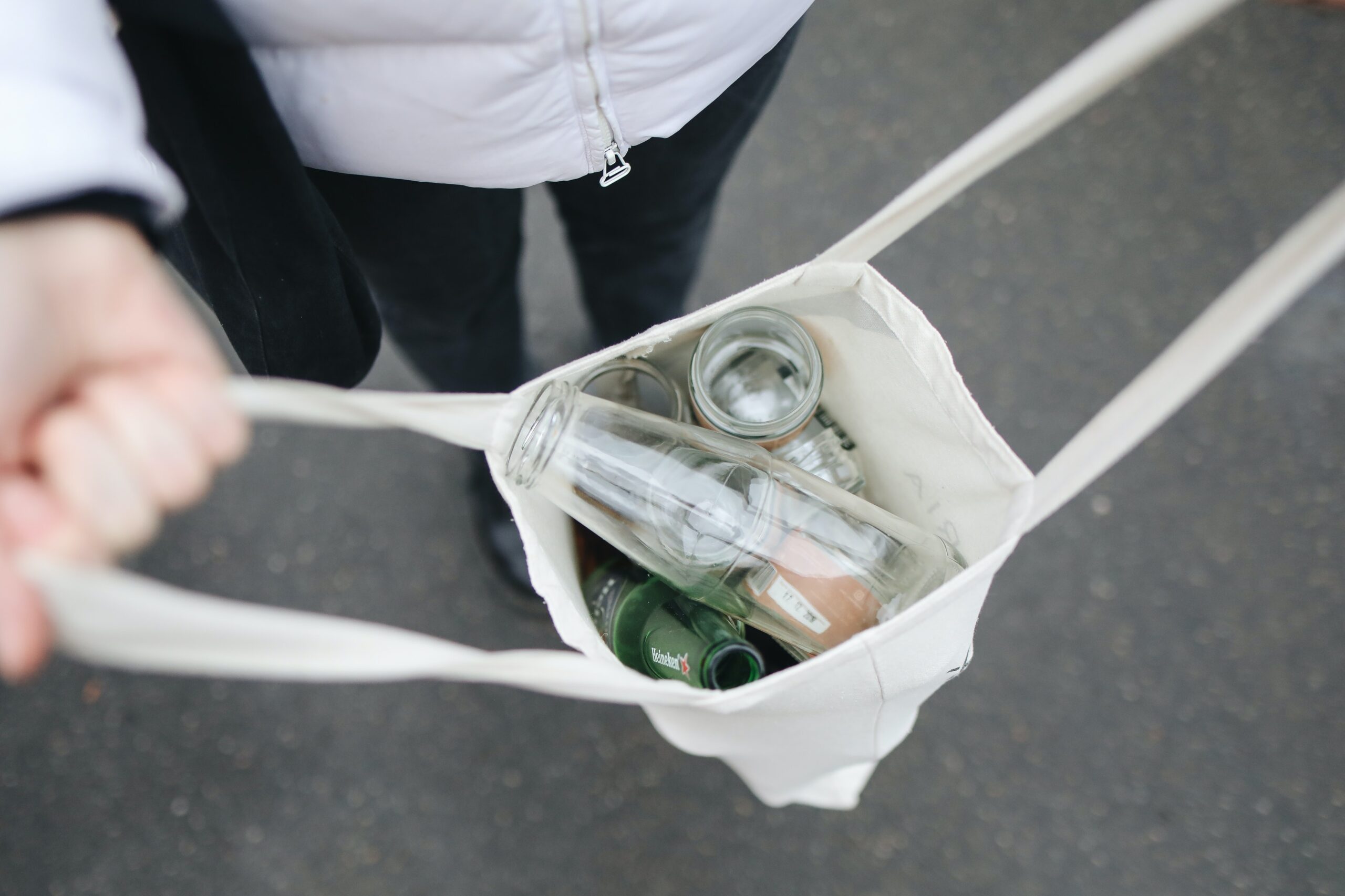Sustainable living is the practice of living in a way that meets our current needs without compromising the ability of future generations to meet their own needs. It involves making choices in our daily lives that minimize our impact on the environment and maximize our use of renewable resources.
There are many ways to live sustainably, and the specific actions that individuals and communities take will depend on their unique circumstances and priorities. However, some common practices include reducing energy consumption, conserving water, reducing waste, choosing environmentally friendly products, and supporting local and sustainable food systems.
One way to reduce energy consumption is to make energy-efficient choices in our homes, such as using energy-efficient appliances, sealing windows and doors to reduce drafts, and using programmable thermostats to optimize heating and cooling. We can also consider switching to renewable energy sources such as solar or wind power.

Conserving water is another important aspect of sustainable living. This can be achieved by fixing leaks, using drought-resistant plants in landscaping, and collecting rainwater for irrigation. We can also choose water-efficient appliances and fixtures, such as low-flow toilets and showerheads.
Reducing waste is another important aspect of sustainable living. This can be achieved by recycling and composting as much as possible, and by choosing products that are made from recycled materials or that can be recycled after use. We can also reduce waste by choosing products with minimal packaging, and by repairing and reusing items rather than buying new ones.
Using environmentally friendly products is another way to live sustainably. This includes choosing products that are made from natural or organic materials, and that are produced using environmentally friendly manufacturing processes. We can also look for products that are designed to be reused or recycled, rather than discarded after a single use.
Supporting local and sustainable food systems is another important aspect of sustainable living. This can involve buying locally grown and produced food, supporting small farmers and producers, and choosing foods that are grown using sustainable practices such as organic farming. We can also grow our own food, either in our own backyard or by participating in a community garden.
Sustainable living is not just about individual actions, however. It also involves working to create systems and policies that support sustainability at the community and global level. This can include advocating for policies that support renewable energy, protecting natural resources, and promoting sustainable land use practices.
In conclusion, sustainable living involves making choices that minimize our impact on the environment and that support the long-term well-being of both ourselves and future generations. It involves reducing energy consumption, conserving water, reducing waste, using environmentally friendly products, and supporting local and sustainable food systems. It also involves working to create policies and systems that support sustainability at the community and global level. By making these choices, we can play a vital role in building a more sustainable future for all.

